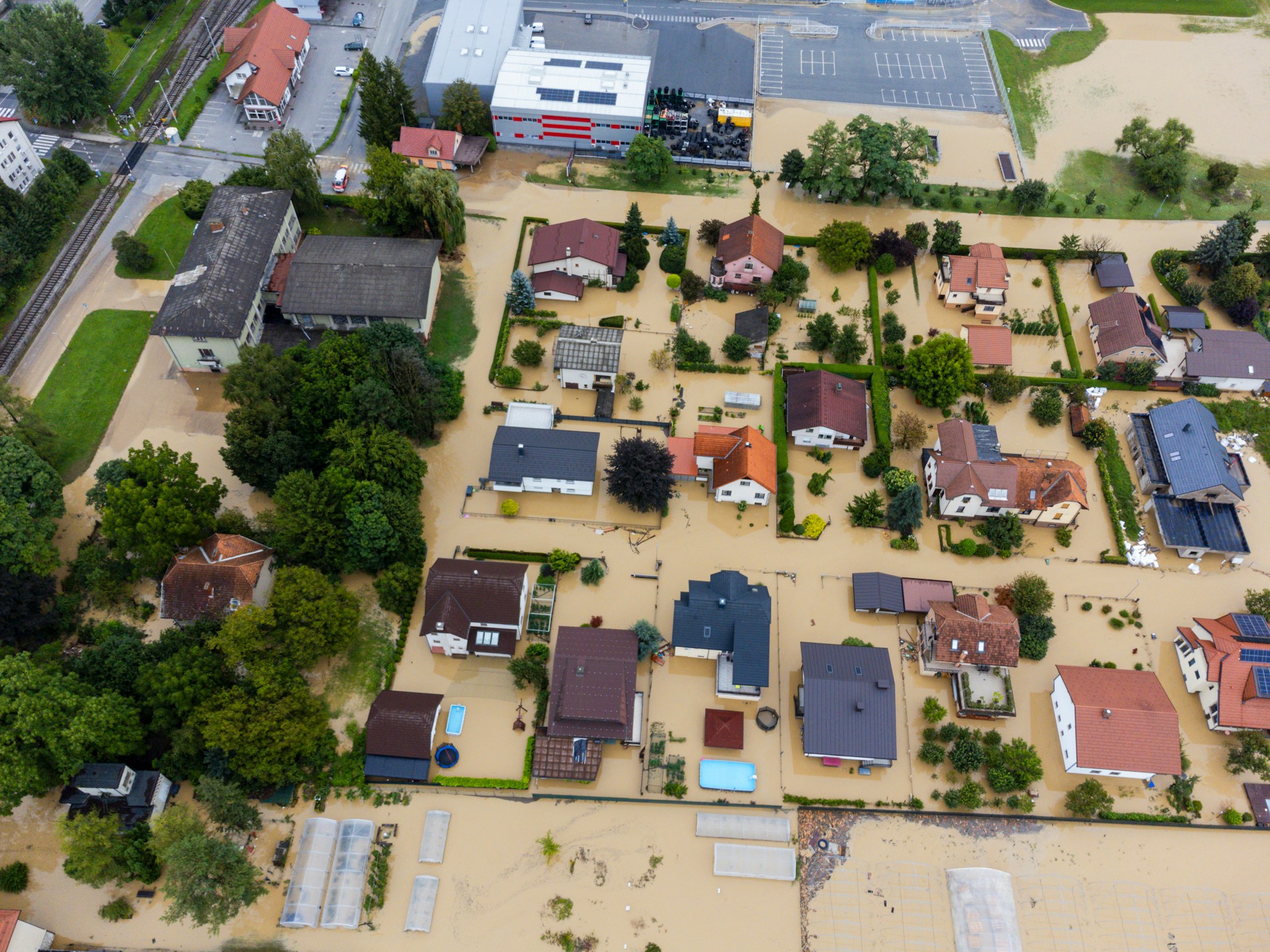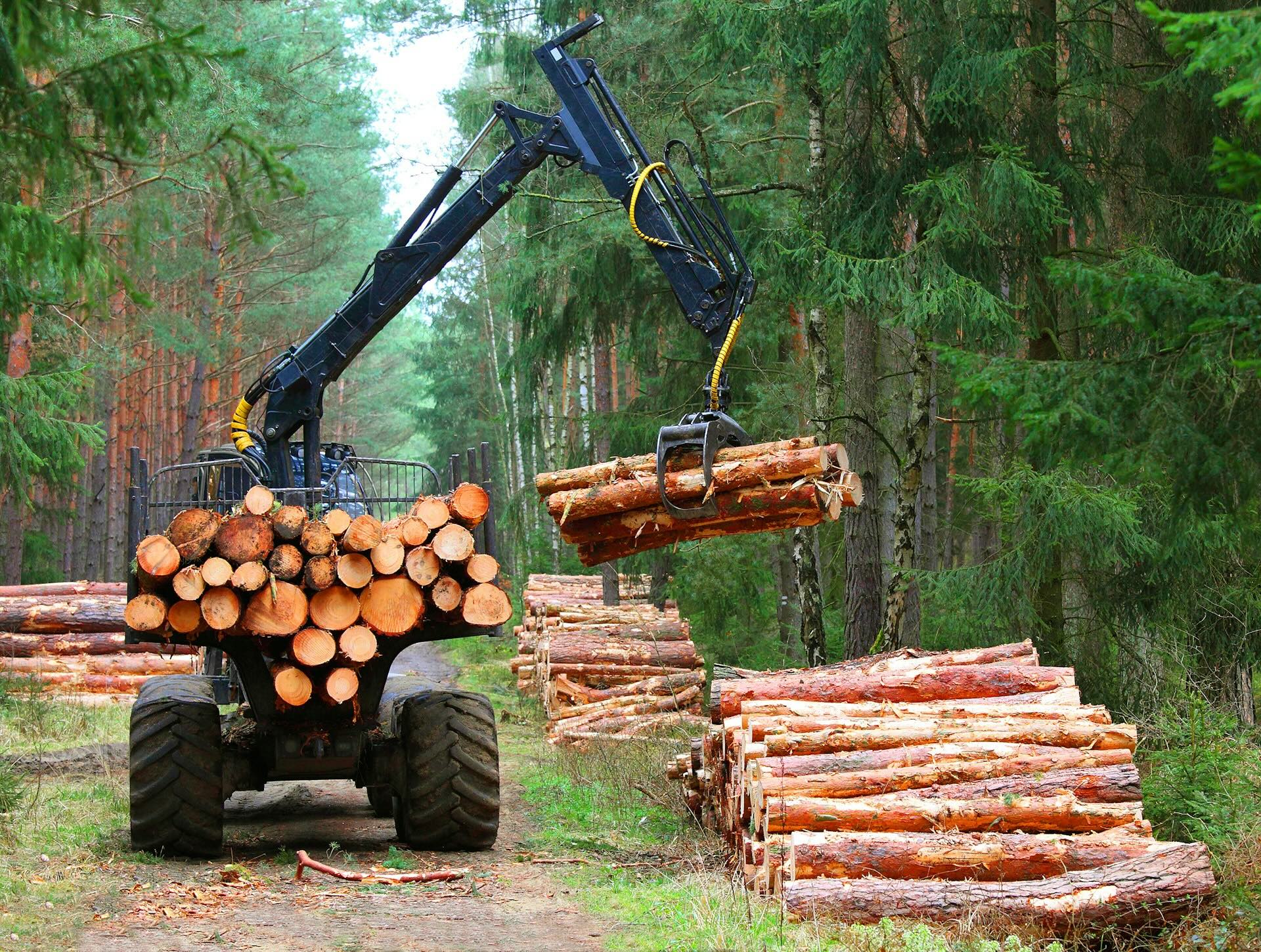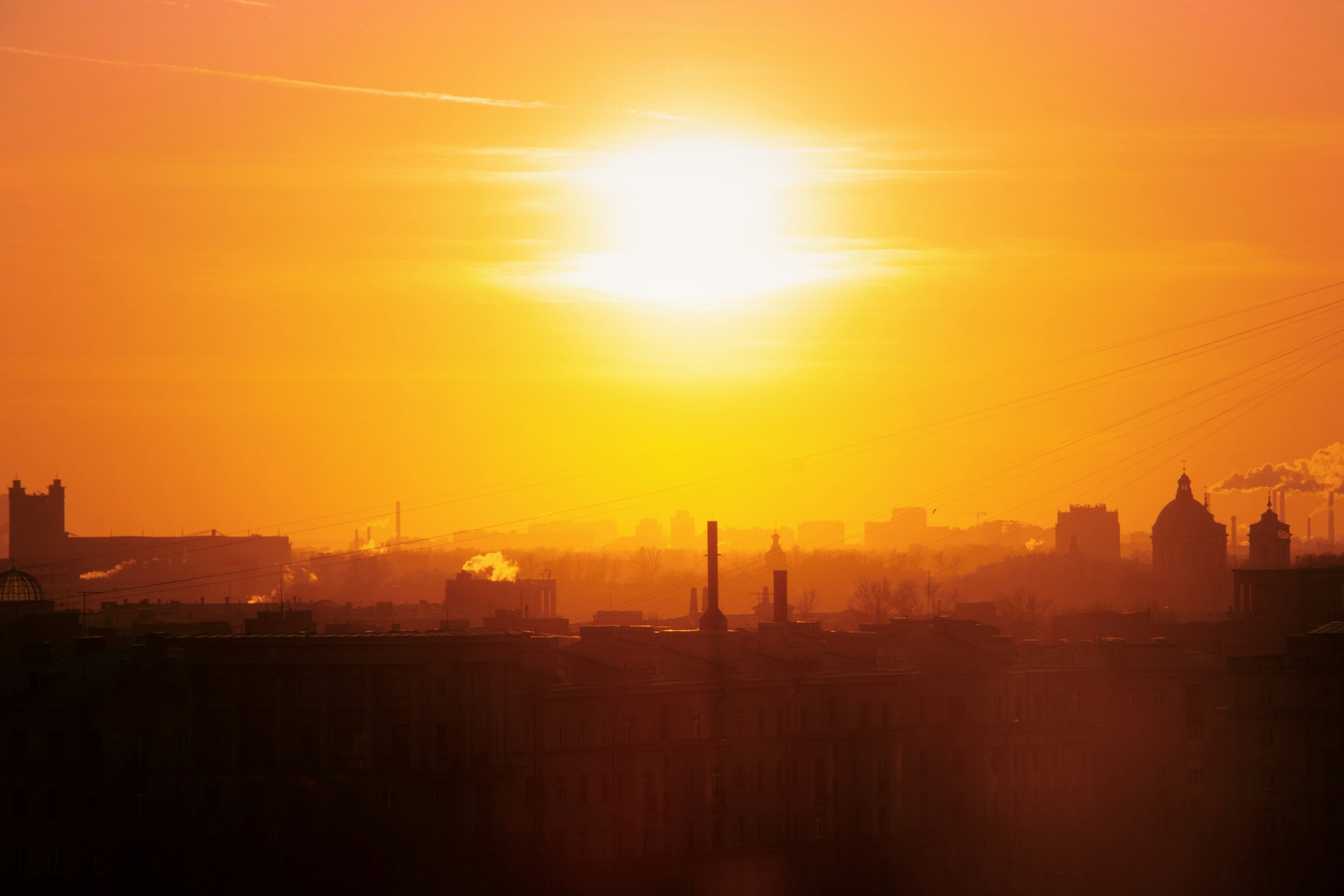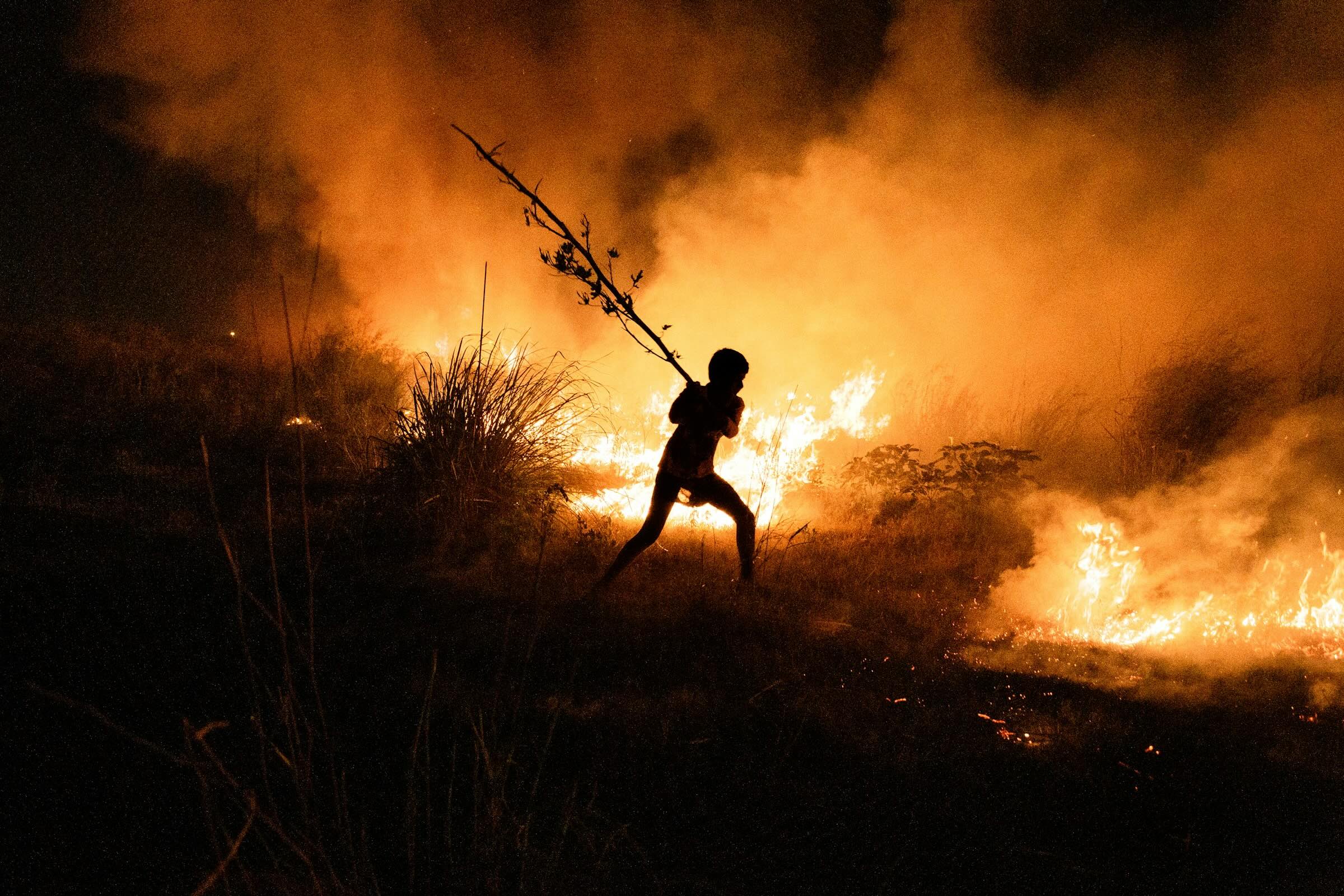Life beneath waves in Northern California: Bridging global change and local action
“Coasts are where global change is made locally relevant, where people can really see their connection to the ocean.” Oxygen loss and acidification are impacting ecosystems and fisheries: addressing how climate change is reshaping life beneath waves is crucial to understanding the future of our coasts. Insights from CMCC Bassi Fellow Samantha Siedlecki on multi-decadal changes in coastal oceans and their implications for marine life and local communities.
Understanding COP30: How climate negotiations change after Belém
The climate conference in Brazil took place amid seesawing expectations on key issues in climate policy. In the end, the closing texts from COP30 include updates and decisions that will mark the next steps in the international negotiation process. The experts and scientists from the Italian delegation that participated in the negotiations unpack the outcomes of the Belém Conference, with in-depth insights and discussions on adaptation, finance, the Paris Agreement, the role of science, policy and society at large.
COP30 | From the Mediterranean to the global ocean. Coppini (CMCC): “We build coastal resilience by developing solutions and anticipating future scenarios”
At COP30, the Mediterranean emerges as a laboratory for climate resilience – where environmental, social, and technological innovation converge. The region, deeply affected by the climate crisis, is also a space of connection: between continents, communities, and knowledge systems. As the European Commission advances the new Pact for the Mediterranean, aiming to create a more connected, prosperous, and resilient region, CMCC research and initiatives showcased at COP30 highlight how science, governance, and people-centred approaches can drive this transformation.
COP30 | Turning knowledge into action, Galluccio (CMCC): “We work to connect communities across regions and oceans”
Around the world, coastal and rural communities face immediate climate risks – from rising seas and erosion to pressures on land and natural resources. CMCC’s work at COP30 emphasizes that science, policy, and governance are most effective when they empower local actors, integrate traditional knowledge, and promote inclusive decision-making.
COP30 | Dasgupta (CMCC): Global Goal on Adaptation, the new frontier of adaptation policies between science and finance
COP30: Adaptation is one of the key themes with part of the negotiations revolving around measuring progress and the role of climate finance in future developments. “The Global Goal on Adaptation (GGA) is meant to serve as a unifying framework to drive political action and finance for adaptation on the same scale as mitigation,” says Shouro Dasgupta, CMCC researcher, member of the scientific support team for the Burkina Faso delegation at COP30, and one of the international experts working under the UAE–Belém work programme to develop and refine indicators that measure progress towards the GGA.
COP30 | Chiriacò (CMCC): Every tree saved is a tree earned, how science is helping protect forests at COP30
“Maintaining forests is the result of genuine effort, investment, and protection capacity,” says Maria Vincenza Chiriacò, CMCC researcher and an expert in COP negotiations on land use and Article 6 of the Paris Agreement, as she emphasises that forests should not be taken for granted: they require organised interventions which need to be addressed at COP30. “Global forests continue to face deforestation and degradation, mainly driven by climate change- and land-use-expanding commodity production. As climate change accelerates, the risk for regions already prone to extreme events such as wildfires increases dramatically. We have to optimize efforts and financial resources, and science holds the key to this process.”
COP30 | Carlo Carraro: A new climate finance model to reward those who protect tropical forests
According to the economist and climate scientist, TFFF might mark a pivotal moment in climate policies. “This is a turning point: for the first time, the Global South is leading a major climate finance initiative, which increases its legitimacy and political relevance.” Carlo Carraro highlights that the fund “reverses the economic logic that has historically favored clearing trees for agriculture and timber,” and comments on the role of the World Bank to ensure transparency, accountability, and investor confidence.
COP30 | Riccardo Valentini: Forests, from carbon sinks to engines of a Green Economy
As COP30 opens in Brazil, attention turns once again to the world’s forests – not only as carbon sinks, but as living systems vital for the planet’s health and for sustainable development. According to IPCC author and forest ecology expert Prof. Riccardo Valentini, stopping deforestation is no longer enough – we need a new global paradigm for more sustainable forest management, agriculture, and land use. “Tropical Forests Forever Facility (TFFF) could open a new phase for the green economy, linking forest protection with real economic returns through carbon markets and sustainable business investments,” he says. “But without political will, it risks becoming another empty pledge.”
COP30 | Manuela Balzarolo: Forests, satellite data, and TFFF on the way to reaching climate goals
“To track progress toward the Paris Agreement and the implementation of effective policies, accurate estimates of carbon sinks and sources are fundamental,” says Manuela Balzarolo, scientific leader of the EU’s flagship carbon cycle project, as she explains why accurate data on the carbon cycle is the key to successful climate negotiations. Initiatives such as the Tropical Forests Forever Facility will require more information on ecosystems and the carbon cycle.

From risk to resilience
Resilience has shifted from being a matter of choice to an imperative. From climate disasters to failing infrastructure, the ability to withstand and recover from shocks is now at the heart of decision-making. Yet, despite its critical importance, there is still no universal definition for resilience and its relationship with risk. Dr Igor Linkov, a distinguished expert in risk prevention and management, walks us through methods for resilience quantification and how these can help transform fragmented approaches to risk management into coordinated strategies.
A series of dialogues involving international experts, writers, artists, journalists, scientists, innovators and entrepreneurs to discuss the role of communication in accelerating the climate transition.
Discover and join the forthcoming Foresight Dialogues, the webinar series for the CMCC Climate Change Communication Award “Rebecca Ballestra”.
A collection of words with which we hope to plant the seeds of awareness, providing in-depth definitions of some of the most pressing topics related to climate change.
Because understanding the discourse that surrounds the climate crisis is the key to a sustainable future.
Climate-smart agriculture
Growing the food of tomorrow will require ever greater technological support. From sensors and the internet of things to robotics and novel ways of analyzing data, climate-smart agriculture is emerging as a key solution to producing more with less in a rapidly changing world.
Disclosure
Transparency from companies and governments about climate-related information, risks and opportunities is crucial for building a resilient economy, empowering communities and creating an equal and fair society. In the era of climate change, a standardized disclosure framework to understand climate risk is not only helpful to investors, it’s also critical to companies for strategic planning.
Green premium
“It is a challenge to be overcome if we want to reach our climate targets,” say global experts, investors and economists. The green premium concept helps measure progress on green technology deployment and, at the same time, establish what the next steps should be for a rapid low-carbon transition. A review of sources, definitions and data to understand a key factor in the climate transition.

Every story is a climate story – Ep. 09
We know a lot about the crisis. We know that it is time to progress from understanding the problems to solving them. However, we also know that there is no perfect solution. It is a

How much is it? The cost of climate change – Ep. 08
Money moves the attention of people, investors, and capital owners. Money is part of many solutions to the climate deadlock. But numbers are not enough to calculate the economic value of the climate issue. Numbers
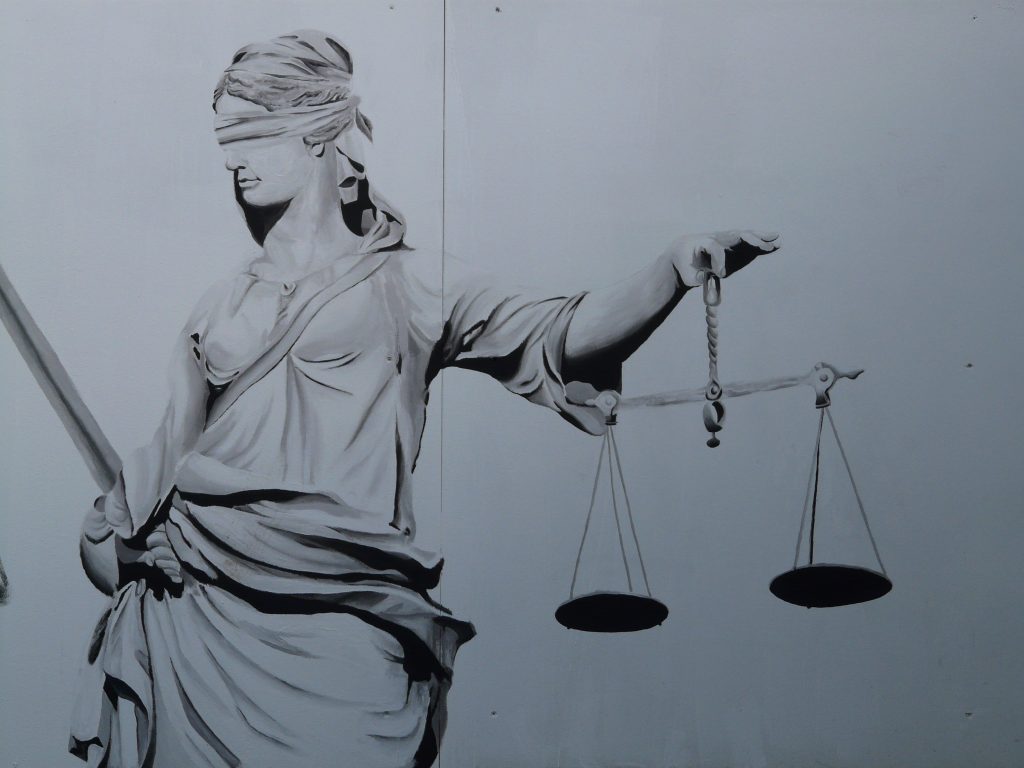
Climate on trial – Ep. 07
The Urgenda case was the game changer. It opened up a new dialogue between human rights law and climate science, while it marked a watershed moment for climate justice: from then on, we saw new
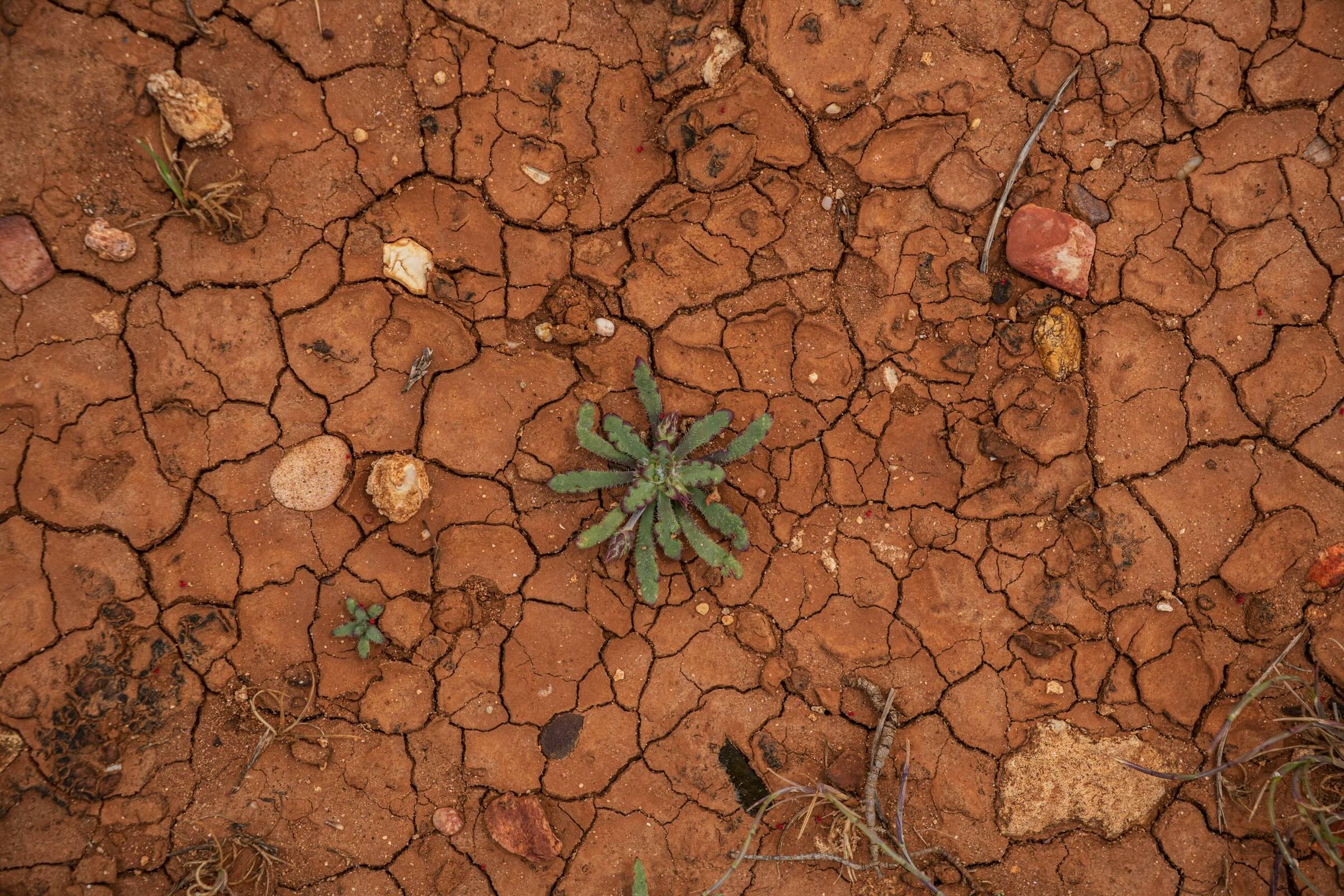
Local knowledge for a global climate issue: Taking loss and damage from negotiations to national realities
Over the last decade, much of the political action and attention on loss and damage governance has played out in the realm of international climate change negotiations. However, while negotiators debate definitions and funding mechanisms in conference halls, the reality on the ground is that nation states are the “first responders” when it comes to climate impacts and that considerations on loss and damage require a “national turn”.
Modelling the past, reflecting the future
What can history teach us about today’s world? What lessons can be learnt from an early medieval village and how can it shed light on the global challenges embodied in the climate crisis? Bridging past and present in a conversation with Helen Foxhall Forbes on climate, history, and human resilience.
Burtynsky: Images of the human footprint
With seemingly abstract forms, the Canadian photographer, Edward Burtynsky, projects us into the other side of our lives. Using details, places, and facts that, however hidden from what we see with our own eyes, define our relationship with the planet: quarries where massive blocks of stone are dislodged, the world’s largest iron mines, the extraction of lithium and potassium.
Drawing on Burtynsky’s largest anthology exhibition at M9 Museum, Venice, CMCC publishes a series of videos with scientists and experts exploring the path to a sustainable and just transition through a focus on energy, inequalities, land and resource use, urban adaptation, and the future of our planet.
Rising seas, rising challenges: Informing the future directions of coastal resilience
Sea-level rise will continue to threaten ecosystems and communities in the coming decades. However, the extent and magnitude of this threat is still an open question that researchers are intent on investigating in an effort to provide decision-makers with accurate and timely information. Giulia Galluccio, CMCC director of ATEC, vice-chair of JPI Climate and co-lead author of two chapters of the 1st European Assessment Report on Sea Level Rise, and CMCC researcher Elisa Fiorini Beckhauser walk us through the report, its significance and implications.
Climate u-turn? What happens if we exceed 1.5°C and then go back
What will the world look like if we are unable to stay below the 1.5°C threshold? And, assuming we are able to reverse temperature increases, will the world simply return to how it was before? Andy Reisinger’s CMCC Lecture outlines a series of possible future scenarios, highlighting how climate risks will differ between a world that remains above the 1.5°C threshold and one that chooses to bring temperatures back down.
What extreme heat means for cities today
Europe’s cities are heating up fast, with urban areas becoming risk hotspots as heatwaves grow more frequent and intense. Across Europe, exposure to heatwaves jumped by 57% in just one decade, and without urgent adaptation, annual fatalities could rise from today’s 2,700 to as many as 50,000 by 2050. Urban heat islands can make cities up to 9°C warmer than surrounding areas, disproportionately affecting the elderly, low-income, and marginalized communities. Without urgent adaptation, rising urban temperatures could take a heavy toll on labour, GDP, and human life.
Putting out the blaze: Wildfire risk management begins well before fire season
As of July 2025, almost 300,000 hectares of forest – an area larger than Luxembourg – has gone up in flames in Europe. What is more, the number of wildfire events could increase by 50% globally by the end of the century due to a combination of changes in climate and land use and management. These threats will tend to concentrate in hotspots such as the Mediterranean, where over 80% of European wildfires occur and which experienced upwards of 2.5 billion euros in wildfire related damages in 2022 alone.
The hidden costs of air conditioning in a warming world
Cooling poverty is a growing challenge at the intersection of climate change, social equity, and energy access. As global temperatures continue to rise and extreme heat events become a common feature of everyday life, a new form of energy poverty is emerging – one that affects millions of people worldwide who cannot afford to stay cool during the hottest moments of the summer months.

Visualizing climate science
A participatory approach is the foundation for building solutions that empower citizens, policymakers, experts, and non-experts to make informed decisions. Co-designing data visualizations that reflect the findings made with climate science is key to reach the right audiences and foster change. Data visualization explained by Angela Morelli, the information designer that contributed to the most recent Summaries for Policymakers published by the IPCC.
From forecast to action: The Mediterranean’s rising climate challenge
Home to over 500 million people across 22 countries whose lives are closely shaped by its waters, the Mediterranean Sea is not only a vital marine ecosystem but also one of the world’s most vulnerable climate hotspots, currently warming 20% faster than the global average. July 8th marks the International Day of the Mediterranean Sea — a moment to reflect on its importance and the urgent challenges it faces.
Climate adaptation is a collaborative effort
Day three at ECCA 2025 was all about collaboration and coordinated effort among institutions, public authorities, and stakeholders at all levels, towards the common good of enhancing resilience in our communities and cities. Adapting to climate change means aligning scientific insight with governance, finance, urban planning, and community voices. It also requires collaboration among different disciplines, with climate scientists collaborating with designers, architects, health experts, biologists, and even artists to bridge the gap between science and communities.
No adaptation without community engagement
The key takeaway from day two at ECCA2025 is simple: communities need to be involved in the entire adaptation process. Not just as recipients of information, but as active partners that help shape solutions. “This is all about people,” says Philippe Tulkens of the EU Mission on Adaptation to Climate Change. It’s not about top-down strategies, but about building trust, enabling dialogue, and overcoming barriers together. Engagement is a two-way process that involves listening, adapting, and co-creating. The second day of ECCA was rich with discussions on engagement, trust, and resilience.
The time is now: the European Climate Change Adaptation Conference 2025 has begun
Adaptation to climate change is not an issue of the future, it’s an imminent need that requires an effective action plan. Day one at ECCA2025 laid the groundwork for finding the most innovative solutions to tackle climate change – and how to implement them with effective policies. High-level representatives from European institutions, the business community, and the scientific world engaged in conversations on adaptation and plenary panels outlining the strategies, challenges and hopes for future adaptation before a crowd of 600+ people from all over the world.





